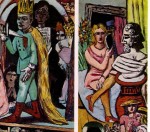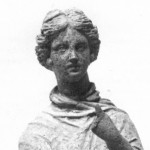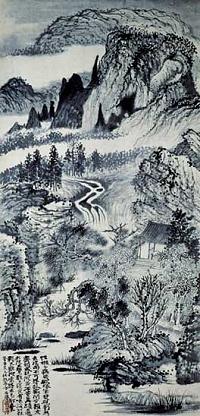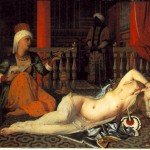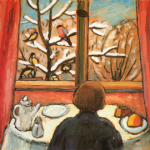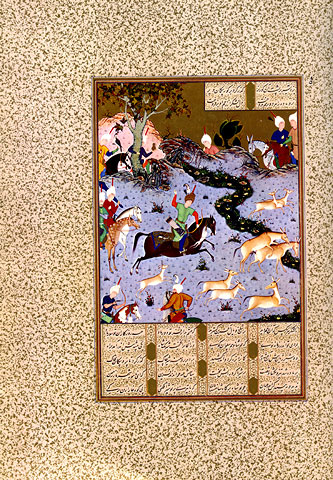The Fire of Hephaistos
Wednesday, May 1st, 1996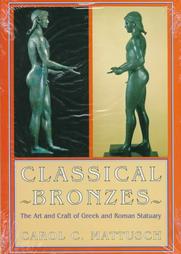
These ancient bronzes, which have long since lost their golden gleam, are still numinous fragments of a vanished world. One statue of young man was recently pulled out of a river; his pale sea-green body is scratched and scarred; but he is still a lovely apparition, reminding me of some lines from Shakespeare’s “The Tempestâ€:
“Nothing of him that doth fade
But doth suffer a sea change
Into something rich and strange.â€
